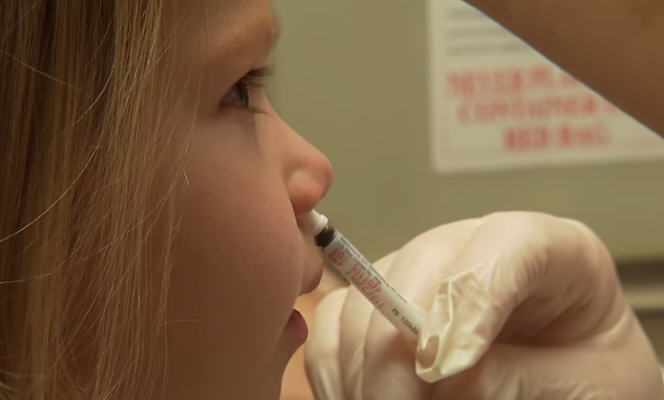-
Health & Wellness
Mayo Clinic Q and A: Childhood vaccination schedule highly effective preventing diseases
DEAR MAYO CLINIC: Why do children need so many vaccines in their first two years of life? Isn’t it okay and even safer to wait until they are a bit older to give them the recommended vaccinations?
ANSWER: The current childhood vaccination schedule has been studied extensively. It is safe. It is also highly effective at preventing a variety of serious diseases. To offer the best protection against those diseases, I strongly urge you to have your child vaccinated on time, according to the recommended schedule.
Babies need multiple vaccines because infectious diseases can cause serious health problems in infants. For a short time after they are born, antibodies from their mothers help protect newborns from many diseases. But that immunity begins to fade quickly, with some immunity lasting only about one month after birth.
The vaccination schedule that is recommended now has been studied and found safe and effective against the diseases babies face at the time they are getting the vaccines. A delayed schedule is a delay in protection against some diseases that are very serious, and in many cases life-threatening.
Put another way, the risk of disease due to not being fully vaccinated is high. In addition, if you wait to vaccinate your child and he or she becomes sick, your child is then at risk for spreading the illness to others, too.
The current schedule may seem like a lot. But the amount of vaccine a baby receives from the vaccinations in one visit is actually quite a bit smaller than it used to be. If you add up all the active vaccinating material in the current shots, it is less than it was years ago when children only received the smallpox vaccine. The schedule also contains much less vaccine than when we gave only three vaccines to children six years and younger, with the whole-cell pertussis form of the diphtheria, tetanus and pertussis vaccine (also known as DTP), the oral polio vaccine, and the vaccine for measles, mumps and rubella, or MMR.
It is worth noting, too, that a new vaccine cannot be licensed unless it has been studied along with the other vaccines that are typically given during the same visit, and it is only studied when given to infants at the age the new vaccine is intended to be given. So the vaccines have been proven safe and effective in combination with other vaccines at the specific ages that they are now recommended.
Some parents worry that multiple shots in one visit are just too painful or stressful for the child. Giving more than one injection, however, does not add to a baby’s stress. Most infants cry regardless of whether they receive one shot or three shots. Consider, too, that spreading out the vaccines over the first two years of life could stretch the number of days your child gets a shot from seven days up to 21 days of shots.
Finally, please note that there is no science to support a delayed vaccination schedule. There is significant science that shows that a delay increases the risk for children to get vaccine-preventable diseases. And for many parents, trying to manage all the appointments needed to extend the vaccine schedule turns into a significant logistical challenge. Most parents who attempt to delay or space out the vaccine schedule typically end up falling way behind.
Stick to the standard vaccination schedule, which is a safe, effective way to protect your child’s health. — Robert M. Jacobson, M.D., Pediatric and Adolescent Medicine, Mayo Clinic, Rochester, Minn.
Related Articles







